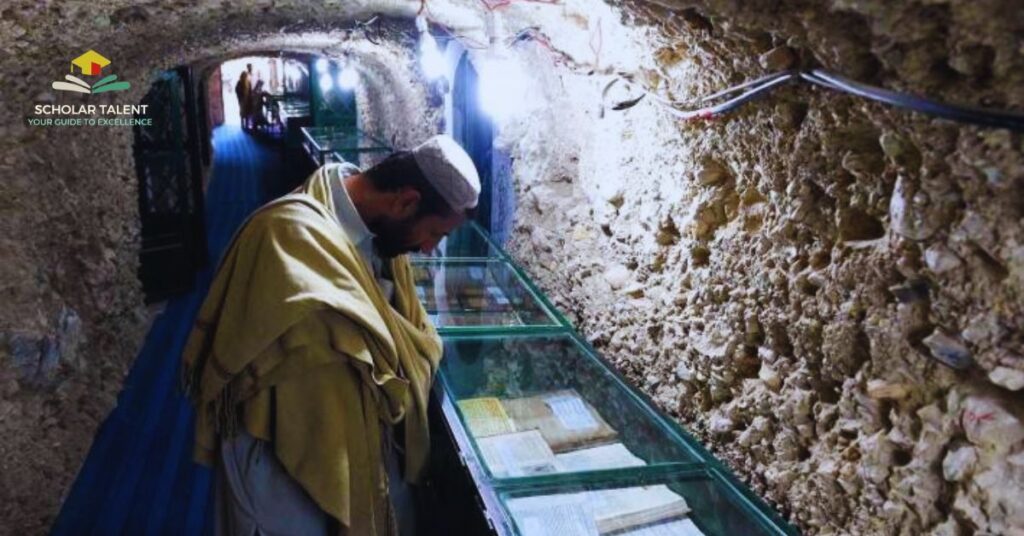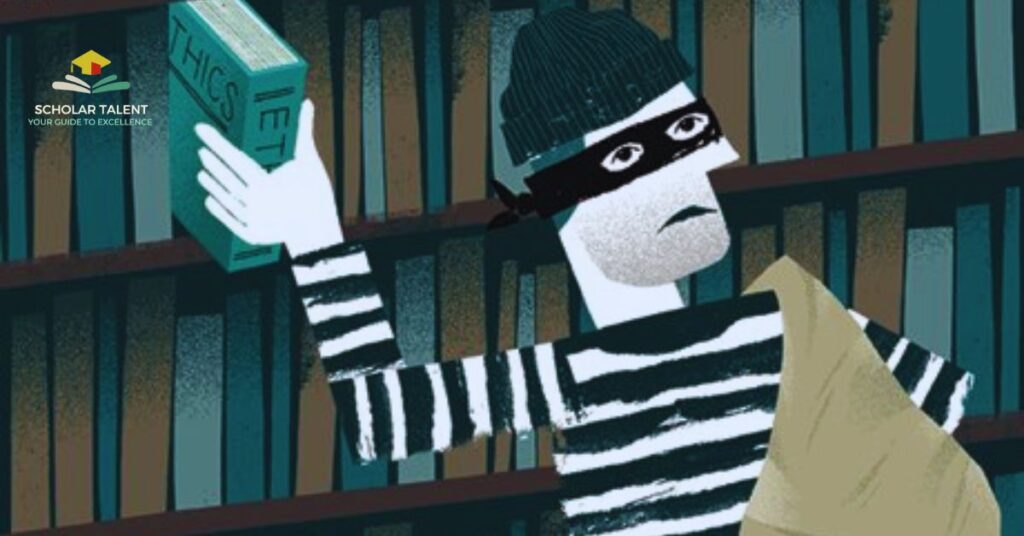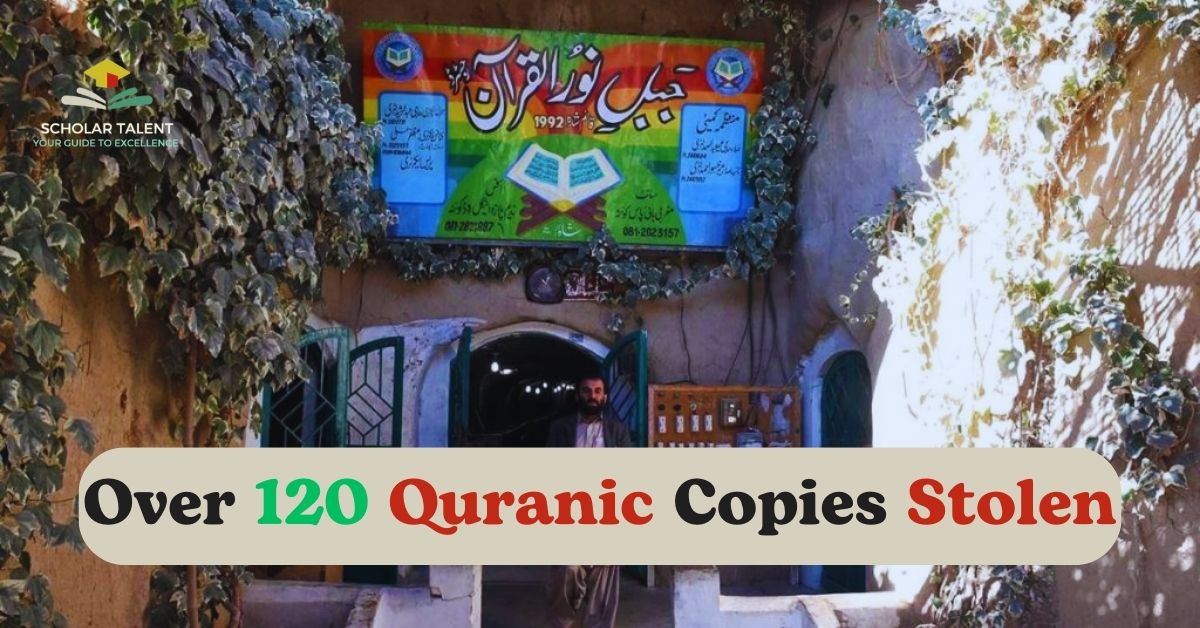A cultural and religious treasure is stolen from Quetta Jabal-e-Noor, over 120 ancient copies of the Holy Quran have been stolen. These priceless manuscripts just not represent sacred texts but the cultural and spiritual heritage of millions.
This alarming crime highlights the vulnerability of religious property. Let’s dive into the details of this incident.
The Theft: What Happened in Quetta?
In Quetta, Balochistan, a house Jabal-e-Noor known for rare and ancient copies of the Holy Quran. These manuscripts were carefully preserved by collectors, scholars, and religious leaders for generations.
This sacred place was targeted by the thieves and 120 Quranic manuscripts were stolen.
Authorities have launched an investigation, but the loss remains a major blow to Pakistan’s religious and cultural identity.
Key Facts:
- The theft occurred at Jabal-e-Noor
- Over 120 ancient copies of the Holy Quran were stolen
- Valuable religious and historical artifacts are missing

The Significance of the Quranic Manuscripts
The Holy Quran is the foundation of Islamic faith and culture.
Its copies passed through generations are venerated and unique.
These manuscripts are very valuable historically and culturally, especially related to the Islamic world.
Historical Artifacts at Risk
According to this case now, historical artifacts seem to be at risk. many of the stolen copies were believed to date back hundreds of years, offering a great and direct link to the past.
The Cultural and Religious Impact
This theft is not just a loss for Pakistan or the local communities of Quetta—it’s a loss for the entire Islamic world. Sacred texts like the Quran are integral to Islamic heritage, and their preservation is vital for the continuity of religious traditions and scholarly study.
Many of the stolen manuscripts were housed in a collection dedicated to Quranic preservation. This act of theft raises urgent questions about the security of religious property and the vulnerability of such sacred texts to criminal activity.
The Broader Issue: Religious Artifacts Theft in Pakistan
Unfortunately, this incident is not isolated. Pakistan has witnessed a growing problem with the theft and illegal trade of religious artifacts.
From ancient mosques to historical manuscripts, valuable cultural treasures are at risk. The theft of religious manuscripts is a deeply troubling trend that not only violates the sanctity of sacred texts but also endangers the future of Pakistan’s Islamic heritage.

What’s Being Done to Recover the Stolen Quranic Manuscripts?
In Quetta, the steps for investigation of thieves are initiated, and the authorities are working tirelessly to find the stolen manuscripts.
The public is requested to report any information that could help in finding priceless religious texts.
We hope that all the venerated manuscripts will be found soon.
What You Can Do: Raise Awareness and Demand Action
It requires the collective effort of everyone to be aware people about the importance of religious manuscripts here are a few steps you can take:
- Share this article to raise awareness about the importance of sacred texts.
- Join local efforts and support the investigation.
- Advocate for the safeguarding of cultural heritage and measure better security.
Conclusion: A Wake-Up Call for Heritage Protection
The 120 copies of the Holy Quran are stolen from Jabal-e-Noor in Quetta. These 120 copies of the Holy Quran were very important for Muslims and in historical aspects. We should take steps to find these stolen manuscripts.
Let’s unite the efforts to secure religious property and cultural preservation.
Also Read: Punjab Matric Curriculum: 2025 New Subject Groups are Game-Changer for Students
Share this article to raise awareness about the theft and help bring the stolen Quranic manuscripts back to their rightful home.

